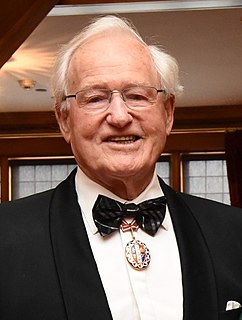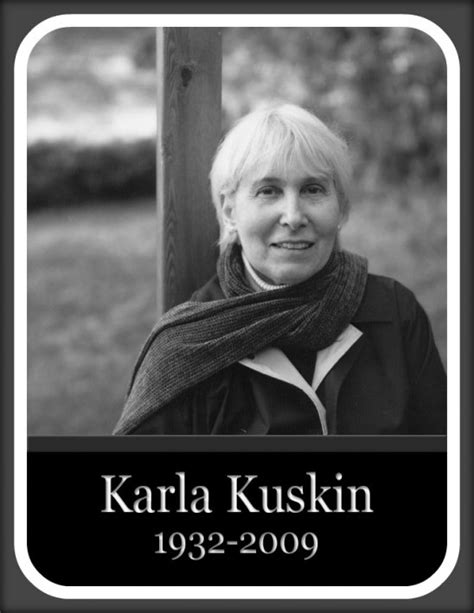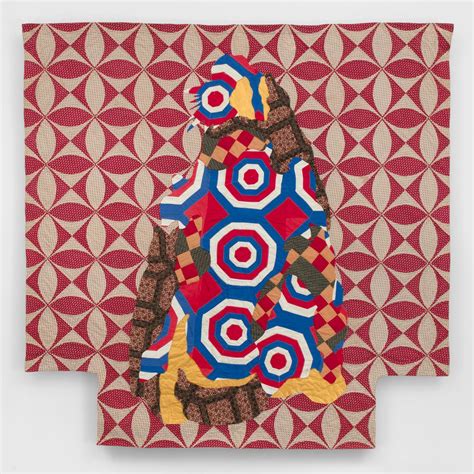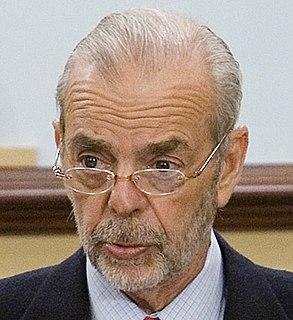A Quote by Jim Bolger
I think we have a fascinating new and quite dominant input into politics - and it wont go away. From time to time, people articulate a view that we should ban opinion polls, but that's nonsense.
Related Quotes
With the greatest respect, we do not make the criminal law on the basis of opinion polls. A majority of 9:1 could be in favour of a ban in my constituency, but I would not regard that as conclusive, and I hope that we never would. If we start having opinion polls about all the unpleasant and distasteful habits and customs of some members of society, and suggesting that their findings should be made part of the criminal law, foxhunting would come way down the list, and quite a lot of strange enactments would have to go through the House.
I think it's offensive to equate evangelical Christians, Catholics, others that view marriage as between a man and a woman, as being racist. We're not racist. We love our fellow man, we think we're all equal under God's eyes, we don't believe we should change the definition of marriage simply because of opinion polls or because of a court that quite frankly isn't looking at the constitution.
I have looked at public opinion polls in France in the late 1940s and early 1950s during the height of Marshall Plan aid. They had a very negative attitude towards the United States then. There were negative attitudes towards the United States because of Vietnam. There were negative attitudes about the United States when Reagan wanted to deploy intermediate range ballistic missiles. I don't think the president should base his foreign policy on American public opinion polls, let alone foreign public opinion polls.
A New York City judge struck down a proposed law to ban sodas larger than 16 ounces. I think Mayor Bloomberg should spend his time trying to improve stuff like education. New York needs a better education system if kids didn't figure out they could get around the 16-ounce soda ban by simply purchasing two 12-ounce sodas.
I don't have an opinion about whether or not politics should appear more in fiction or not, generally. I think politics are a part of life, but a part of life that most people don't think about very much, most of the time. Or, people think about it superficially and they talk about it superficially because they don't know very much.
The hardest thing in the world is being a critic of your own work. For me time has always been the best critic. If I can put something away and then come back, it's like taking a painting you're working on, turning it upside down, squinting at it, or walking away to get a new view. Time helps you know whether it's worth saving or whether it should be dumped.
I often say time is malleable, but the reception of an artwork is malleable too. When the culture changes, the view and the way you see that work, your perspective, changes. It's something that you can't control. It's sort of daunting and intimidating, but at the same time very fascinating, extremely fascinating.
The people will come and go. Sometimes they'll be there for you. Sometimes they wont. Some will love you, some will not. This tide was never meant to be still. Step away from time to time. And know that only a heart fixed on the unmoving spot can ride the waves of this ever-changing, ever-fading life.
The hardest thing over the years has been having the courage to go against the dominant wisdom of the time to have a view that is at variance with the present consensus and bet that view. The hard part is that the investor must measure himself not by his own perceptions of his performance, but by the objective measure of the market. The market has its own reality. In an immediate emotional sense the market is always right so if you take a variant point of view you will always be bombarded for some time by conventional wisdom as expressed by the market.
I think polling is important because it gives a voice to the people. It gives a quantitative, independent assessment of what the public feels as opposed to what experts or pundits think the public feels. So often it provides a quick corrective on what's thought to be the conventional wisdom about public opinion. There are any number of examples that I could give you about how wrong the experts are here in Washington, in New York and elsewhere about public opinion that are revealed by public opinion polls.
It is only because the majority opinion will always be opposed by some that our knowledge and understanding progress. In the process by which opinion is formed, it is very probable that, by the time any view becomes a majority view, it is no longer the best view: somebody will already have advanced beyond the point which the majority have reached. It is because we do not yet know which of the many competing new opinions will prove itself the best that we wait until it has gained sufficient support.

































